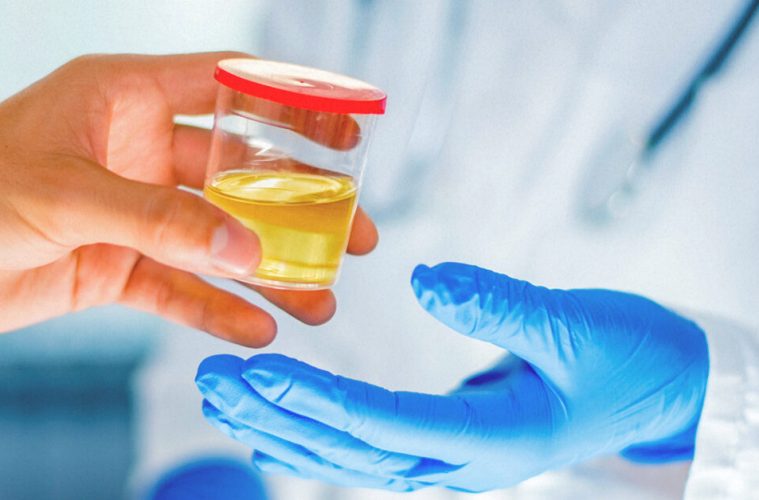Have you been asked to take a drug test? Whether it’s for a new job, probation, or another reason, it’s important to be prepared. Drug tests can detect various drugs, including marijuana, cocaine, amphetamines, and opioids. The detection window varies depending on the drug, but some drugs can be detected for weeks or even months after last use.
In this article, we’ll cover everything you need to know to prepare for a drug test. We’ll discuss the different types of drug tests, what drugs they can detect, and how long those drugs stay in your system.
So, if you’re facing a drug test, read on to find out everything you need to know.
What Is a Drug Test?
A drug test is a scientific analysis of a sample of your body tissue or fluid (urine, hair, blood, or saliva) to determine the presence or absence of drugs. Drug tests are typically used to screen for illicit drug use, but they can also be used to monitor people in recovery from addiction or those taking prescription medications.
There are several different types of drug tests, each of which has its own strengths and weaknesses. The most common types of drug tests are urine, hair, and blood tests.
Urine Tests
Urine tests are the most common type of drug test. They are quick, easy to administer, and relatively inexpensive. Urine tests can detect most drugs, including marijuana, cocaine, amphetamines, and opioids.
Urine tests have a relatively short detection window. For most drugs, urine tests can only detect use within the past few days. However, some drugs, such as marijuana, can be detected for weeks or even months after the last use.
Hair Tests
Hair tests are less common than urine tests, but they are often used in situations where employers want to get a longer view of an employee’s drug use. Hair tests can detect most drugs, including marijuana, cocaine, amphetamines, and opioids. However, they cannot detect alcohol or nicotine.
Hair tests have a long detection window. They can detect drug use for up to 90 days after the last use.
Blood Tests
Blood tests are the least common type of drug test. They are more expensive and invasive than other types of tests, so they are typically only used in situations where employers want to get a very clear picture of an employee’s drug use. Blood tests can detect most drugs, including marijuana, cocaine, amphetamines, and opioids. They also cannot detect alcohol or nicotine.
Blood tests have a relatively short detection window. Some drugs, however, such as marijuana, can be detected for weeks or even months after the last use.
What Drugs Can Be Detected on a Drug Test?
Drug tests can detect most drugs, including marijuana, cocaine, amphetamines, and opioids. However, they cannot detect alcohol or nicotine. Detection windows vary depending on the drug.
How to Avoid Positive Drug Tests
If you’re facing a drug test, there are several things you can do to avoid a positive result.
First, if you know you will be taking a drug test, stop using drugs immediately. The sooner you stop using drugs, the less likely you are to test positive. You should also avoid any products that contain trace amounts of drugs, such as herbal supplements and detox products.
Second, be aware of the different types of drug tests and the drugs they can detect. If you know which type of test you will be taking, you can tailor your drug use accordingly. For example, if you know you will be taking a urine test, you should avoid using drugs that will be detectable in urine, such as marijuana.
Third, use a reputable drug testing service. There are many companies that offer drug testing services, but not all of them are created equal. Make sure you choose a company that is accredited by the Drug and Alcohol Testing Industry Association (DATIA).
Fourth, follow the instructions carefully. If you are asked to provide a urine sample, make sure you provide a clean sample. If you are asked to provide a hair sample, make sure you follow the instructions carefully and do not contaminate the sample.
Finally, if you are taking prescription medications, make sure you have a note from your doctor. Some prescription medications can cause false-positive drug test results.

